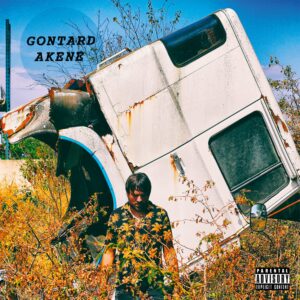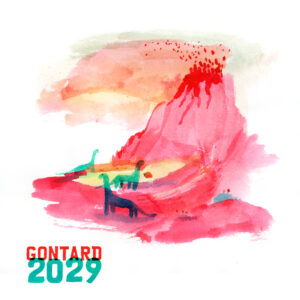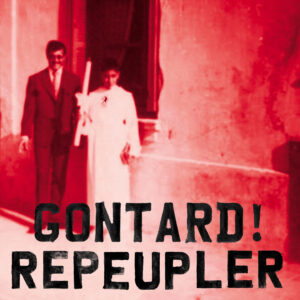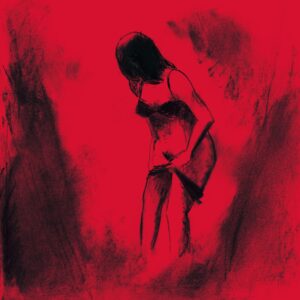Albums
- Quick View
- Select options This product has multiple variants. The options may be chosen on the product page
- Quick View
- Select options This product has multiple variants. The options may be chosen on the product page
- Quick View
- Select options This product has multiple variants. The options may be chosen on the product page
Top tracks
Last video
Press
“An album that is, without question, ‘A weapon of mass emotion’.” (La Mine Fanzine)
“Nico Gontard is one of those rebels who take the gamble of walking on the sidelines. Good inspiration, because in this case he walks straight in his boots.” (La Presse de la Manche)
“A mix of global sound and lo-fi DIY, Gontard defines the avant-garde of open-minded, uninhibited French rock.” (FrancoFans)
“Gontard signs a sonic jewel”. (L’Humanité Dimanche)
GONTARD
La chanson française ronronne. En cette période pourtant troublée, rares sont les artistes qui disent quelque chose. Gontard fait exception, avec quelques francs-tireurs comme Bruit Noir ou Michel Cloup, sortes d’enfants illégitimes de Léo Ferré. Il fait partie de ceux qu’on n’entend pas sur les ondes, commerciales ou subventionnées, et qu’on ne voit pas aux Victoires de la Musique. Normal, il dérange. Un exemple ? Son dernier disque, 2029, est un album concept sur sa ville, connue pour ses chaussures et ses ravioles, rebaptisée Gontard-sur-Misère. Il y décrit la vie d’aujourd’hui, celle des ronds-points moches, des zones industrielles, du libéralisme inhumain, de la novlangue creuse, des élites arrivistes et corrompues. Le tout dans un parlé-chanté implacable, posé sur un tapis musical trompeur, car agréable et mélodieux, pour un résultat tout à la fois émouvant, drôle, mordant et rafraichissant.
Comme si l’on ne pouvait plus chanter de jolies mélodies pour évoquer le monde d’aujourd’hui. Est-ce encore de la chanson ? Du rock ? Du rap ? La question, finalement, a peu d’importance. La chanson française n’existe plus. Ceux qui chantent n’ont plus rien à dire. Ceux qui ont quelque chose à dire ne chantent plus. Ils parlent, ils assènent.
________________________________________________________________
French chanson is humming along. In these troubled times, few artists have anything to say. Gontard is an exception, along with a few mavericks like Bruit Noir and Michel Cloup, Léo Ferré’s illegitimate offspring. He’s one of those artists you don’t hear on the airwaves, commercial or subsidized. Normal, he’s a nuisance. Case in point? His latest album, 2029, is a concept album about his town, known for its shoes and ravioles, renamed Gontard-sur-Misère. In it, he describes life as it is today, with its ugly traffic circles, industrial estates, inhuman liberalism, hollow novlangue and upstart, corrupt elites. All this in a relentless spoken-sung style, set to a deceptively pleasant and melodious musical backdrop, for a result that is at once moving, funny, biting and refreshing.
It’s as if we could no longer sing pretty melodies to evoke today’s world. Is it still chanson? Rock? Rap? In the end, the question is of little importance. French chanson no longer exists. Those who sing no longer have anything to say. Those who have something to say no longer sing. They talk, they assail.




